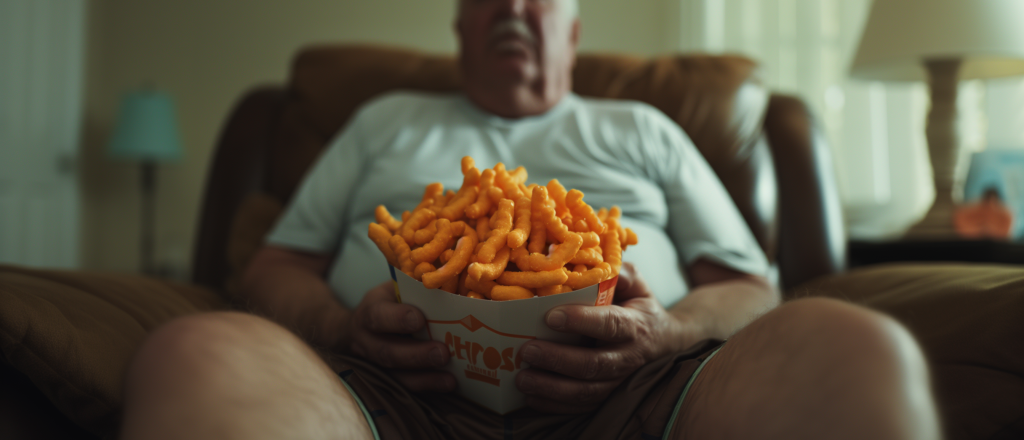A research article published Aug. 8 argued that a legal loophole is allowing potentially dangerous additives to get into the American food supply.
Researchers described the process used by the Food and Drug Administration (FDA) as one in which the food industry is essentially allowed to regulate itself, particularly when it comes to the “thousands of added ingredients” in the food supply, according to EurekAlert, which cites the American Journal of Public Health. Food companies are effectively allowed to make decisions on what ingredients their leadership thinks is “generally recognized as safe” (GRAS) “and deciding on their own whether or not to disclose the ingredients’ use and the underlying safety data to the FDA,” according to the article in the American Journal of Public Health.
Americans, I’m Begging You — Please Start Eating Normal-Sized Portions Of Food https://t.co/lSjsltpu7q #BreakingNews #Breaking #News pic.twitter.com/AtoJw1t3xO
— Patriot Pointman 🇺🇸 (@PatriotPointman) January 25, 2024
“Furthermore, the FDA lacks a formal approach for reviewing food additives and GRAS substances already found in the food supply. Substances in the food supply thus include innocuous ingredients (e.g., black pepper), those that are harmful at high levels (e.g., salt), those that are of questionable safety (e.g., potassium bromate), and those that are unknown to the FDA and the public,” the researchers continued. (RELATED: Scientists Find Link Between Energy Drinks And Childhood Mental Health, And It Shouldn’t Surprise You)
This would confirm suspicions from many that American food is less natural than some other countries and further adds to questions over potential correlations between the massive spike in all types of diseases and the quality of U.S. food.
‘Global Food Catastrophe’ Coming Soon, Warns Germany, United Nations | @DailyCaller https://t.co/4dCyQU2QTr
— KAY SMYTHE (@KaySmythe) May 23, 2022
“Both the FDA and the public are unaware of how many of these ingredients — which are most commonly found in ultra-processed foods — are in our food supply,” study co-author Jennifer Pomeranz told EurekAlert. (RELATED: The World’s Richest People Have A Plan For Food Shortages: The ‘Sniff Test’)
Courts have ruled that the FDA’s practices on GRAS ingredients is “not unlawful.” The FDA also “limits” the amount of lead in baby food rather than eradicating it altogether.


